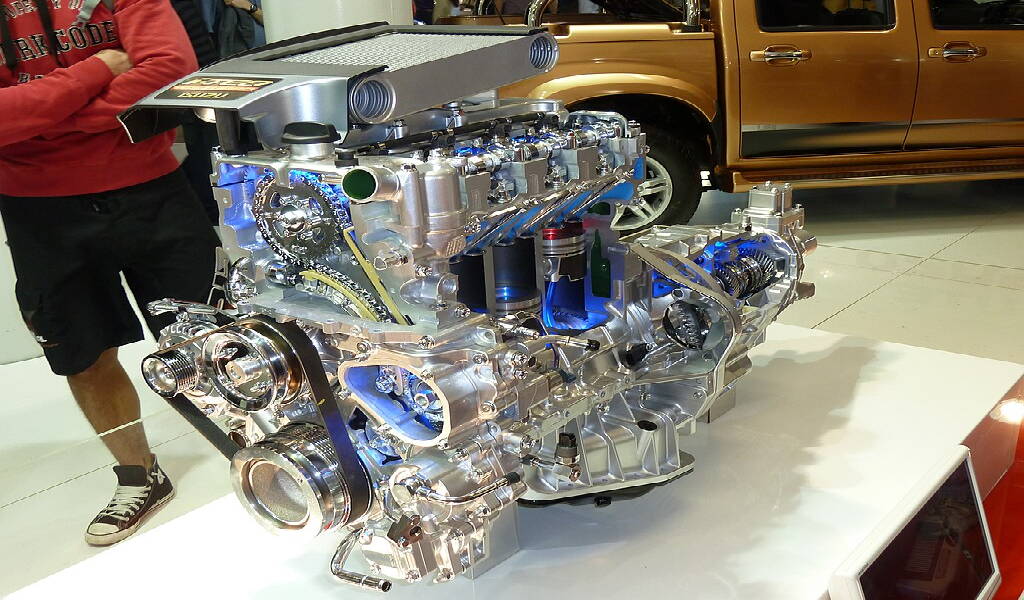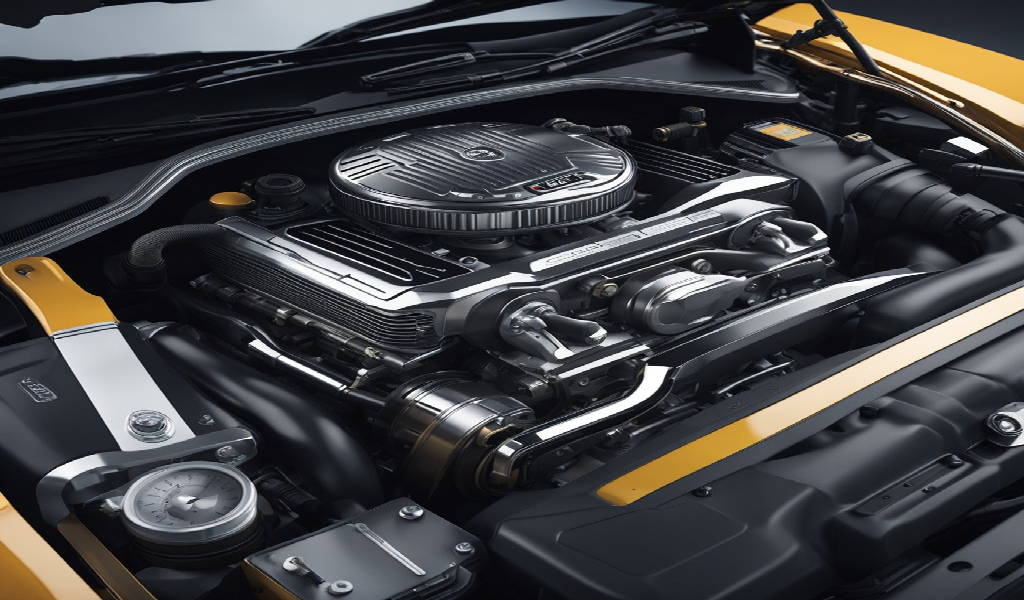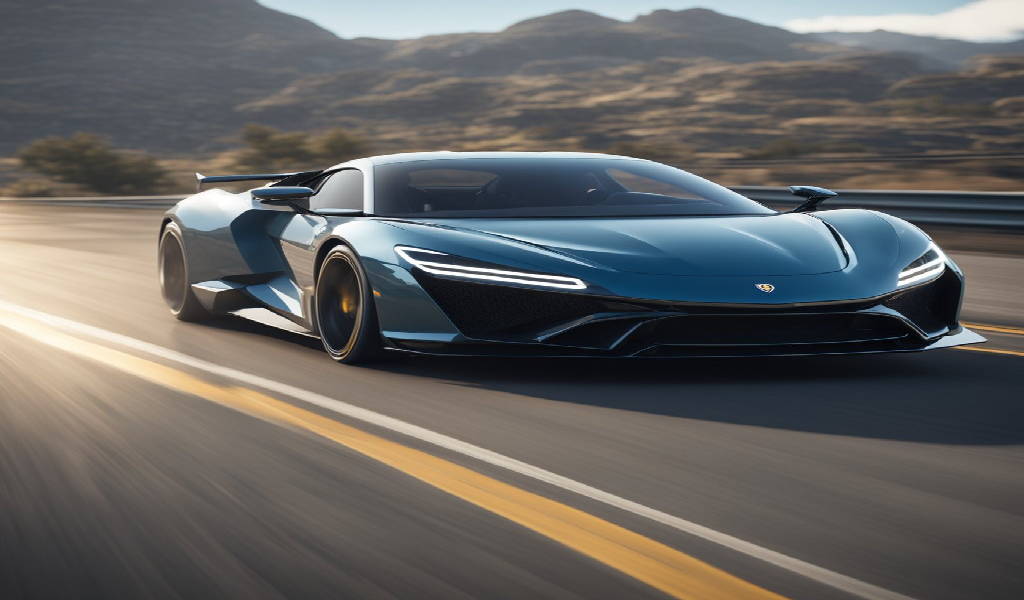
Performance tuning is the process of modifying a car to improve its performance, including its horsepower and torque. There are various ways to enhance a car's power and acceleration, ranging from simple modifications like changing the air filter or using high-performance tires to more complex upgrades like installing a turbocharger or supercharger.

One of the most common ways to increase horsepower is to upgrade the engine components, such as the camshaft, valves, and exhaust system. These modifications can help the engine breathe better and improve its power output. Another effective method is to use a performance chip or tuner, which can optimize the engine's fuel and ignition settings for maximum power. Additionally, using high-quality synthetic motor oil and maintaining proper tire pressure can also contribute to better performance.
Whether you're a car enthusiast looking to take your vehicle to the next level or simply looking for ways to improve your daily driver, performance tuning can offer a range of benefits. By carefully selecting the right upgrades and modifications, you can enhance your car's horsepower, acceleration, and overall driving experience.
Fundamentals of Performance Tuning

Understanding Horsepower and Torque
Before diving into performance tuning, it's important to understand the basics of horsepower and torque. Horsepower is a measure of power output, while torque is a measure of twisting force. Both are important for understanding how your car performs and how it can be improved.
The Role of the ECU (Engine Control Unit)
The ECU, or Engine Control Unit, is the brain of your car's engine. It controls all of the engine's functions, from fuel injection to ignition timing. Upgrading the ECU can be a great way to improve performance, as it allows for more precise control over the engine's functions. However, it's important to note that not all ECUs are created equal, and some may not be compatible with your car's existing components.
Assessing Your Car’s Current Performance
Before making any modifications to your car, it's important to assess its current performance. This can be done by measuring its horsepower, torque, and other key performance metrics. Once you have a baseline, you can begin to make targeted improvements to specific areas of the engine to achieve your desired performance goals.
Overall, performance tuning is a complex process that requires a deep understanding of your car's engine and its various components. By focusing on the fundamentals of horsepower, torque, and the ECU, you can make targeted improvements to your car's performance and achieve the results you're looking for.
Advanced Techniques and Modifications
Forced Induction: Turbochargers and Superchargers
Forced induction is a popular technique for enhancing a car's horsepower. Turbochargers and superchargers are two common types of forced induction systems. A turbocharger uses exhaust gases to spin a turbine, which in turn compresses the incoming air and forces it into the engine. A supercharger, on the other hand, is driven by a belt connected to the engine and compresses the air before it enters the engine.
Both of these systems can significantly increase horsepower and torque, but they require careful installation and tuning to avoid damaging the engine. It's important to choose a reputable manufacturer and ensure that the system is properly sized for the engine.
Exhaust System Upgrades
Upgrading the exhaust system is another effective way to increase horsepower. A high-performance exhaust system can improve exhaust flow and reduce backpressure, which can lead to more power. A cat-back exhaust system replaces the exhaust system from the catalytic converter to the tailpipe, while a header-back system replaces the entire exhaust system from the headers to the tailpipe.
When choosing an exhaust system, it's important to consider the material, diameter, and design. Stainless steel is a popular material for high-performance exhaust systems because it's durable and resistant to corrosion. A larger diameter exhaust system can improve flow, but it's important to ensure that the system is properly tuned to avoid losing torque.
Cold Air Intake Systems
A cold air intake system can also improve a car's performance by increasing airflow to the engine. These systems replace the factory air intake system with a larger, more efficient system that draws in cooler air from outside the engine compartment.
A cold air intake system can improve horsepower and torque, but it's important to choose a system that's designed specifically for the make and model of the car. It's also important to ensure that the system is properly installed and tuned to avoid damaging the engine.
Performance Chips and Tuners
Performance chips and tuners can also improve a car's performance by optimizing the engine's computer settings. These devices can adjust fuel delivery, ignition timing, and other parameters to increase horsepower and torque.
When choosing a performance chip or tuner, it's important to choose a reputable manufacturer and ensure that the device is compatible with the make and model of the car. It's also important to follow the manufacturer's instructions carefully to avoid damaging the engine.
Suspension and Brake Enhancements
Finally, suspension and brake enhancements can also improve a car's performance by improving handling and stopping power. Upgrading the suspension with stiffer springs, shocks, and sway bars can reduce body roll and improve cornering performance. Upgrading the brakes with larger rotors, calipers, and pads can improve stopping power and reduce fade.
When choosing suspension and brake enhancements, it's important to choose components that are designed specifically for the make and model of the car. It's also important to ensure that the components are properly installed and tuned to avoid compromising safety.

